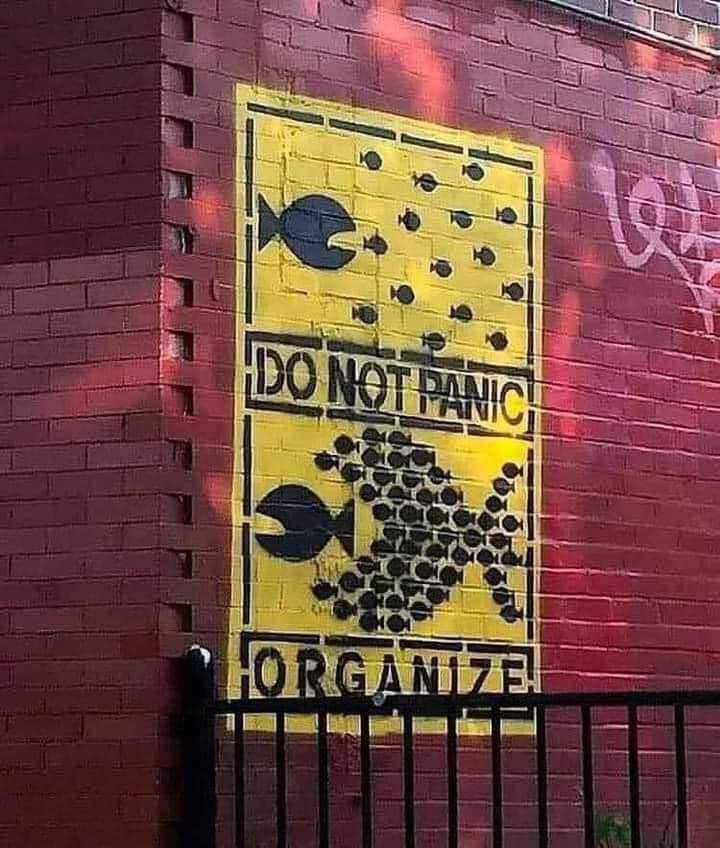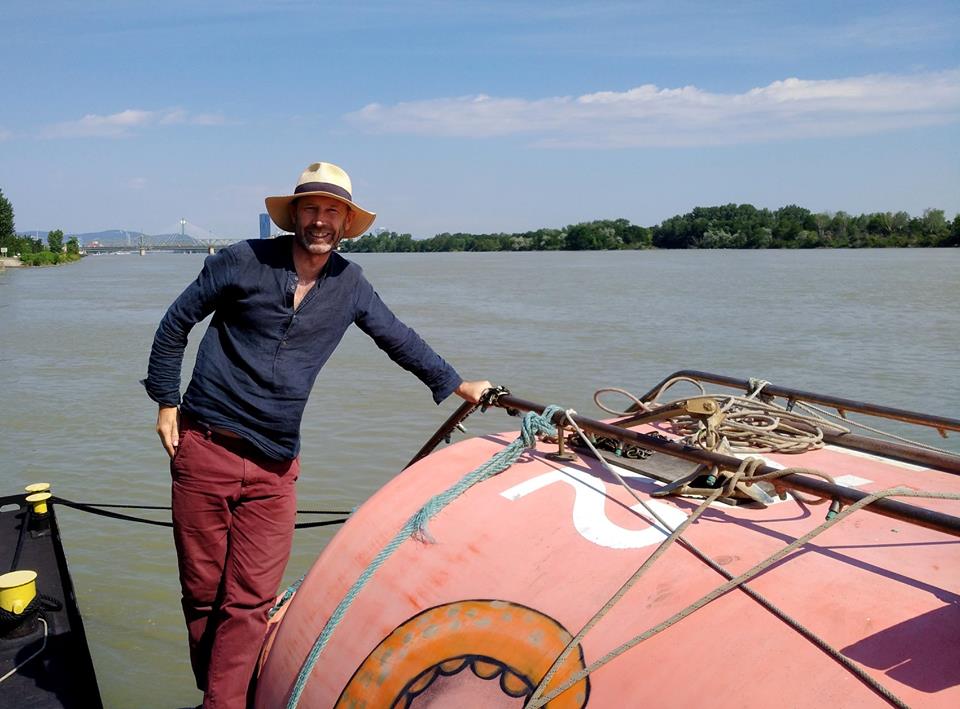Q: Very interested in what you have to say. I’ve been trying to find a place in the #Fediverse that’s not in thrall to big tech. How do I join up? #OMN #OpenWeb. Hungry, feed me!
A: This is harder than it should be, and that itself is a telling sign of where we are right now. The #Fediverse is a fascinating, messy, and diverse space, but much of it is still trapped in the gravity of the #dotcons. What you’ll mostly find are either clones of corporate social media – Twitter-like, YouTube-like, Reddit-like – attempting to reimplement the same narrow and limiting designs, or small, scattered projects built by devs scratching a personal itch.

We haven’t yet built the truly native, #DIY #openweb alternatives, and it’s not for lack of effort. There have been decades of attempts, countless working groups, community-driven projects, and radical experiments, but again and again, they have been met with #blocking, not just from external forces, but from within our own communities. The failure isn’t technical; it’s social, political, and cultural. The conversation on http://hamishcampbell.com delves into this deeply.
The Open Media Network (#OMN) was created as a framework to address these issues, to move beyond the false choice between corporate clones and isolated passion projects. But it, too, has struggled to gain traction in a landscape that defaults to control-based thinking instead of trust-based collaboration. The #OMN dev site is http://unite.openworlds.info, but it has been static for the past two years, stuck, like so many other alternative projects, due to a lack of momentum, a lack of funders and coders who understand social needs, and a culture that too often rewards and pushes closed, individualistic development over collective, open building.
So what can you do now? For immediate participation, the best path is to start using and supporting the #Fediverse platforms that exist, even if they are still copies of the #dotcons. They work, they are functional, and they serve as a stepping stone toward something better. But don’t stop there, push beyond them. Get involved with projects that are trying to break out of these patterns. Contribute to discussions, support developers who are thinking outside the mainstream, and help to fund and create the bridges we desperately need.
It’s not easy, and it’s not as simple as clicking “sign up” and walking into a ready-made community. The #openweb requires effort, participation, and sometimes frustration, but that’s the reality of building something instead of recycling the #mainstreaming. If you’re hungry, the food is there, but you might have to help cook it first.
I have been walking this path for 30 years as an #openweb organic intellectual, technologist, and part of the #OMN.
